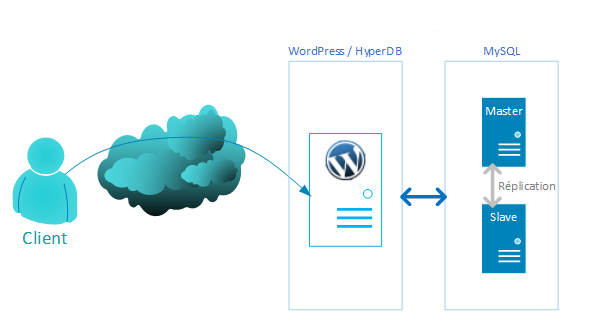Watch out! This tutorial is over 9 years old. Please keep this in mind as some code snippets provided may no longer work or need modification to work on current systems.
The Department of Computing & Mathematics at DkIT has a very advanced WordPress Infrastructure for use by students in their class work and end of year projects. We use a Viglen IX2300 (2 x Quad Core Xeon CPUs, 12 GB RAM, 2 x 146 GB SATA disks) for the primary web server, and two Viglen HX2220i units provide MySQL Database Replication, failover and load balancing services to the master web server. These servers are all powered by Debian Linux.

Also, traffic to the servers is cached at the college’s main reverse proxy server (regardless of source). The result is a very fast setup indeed!
Continue reading “






